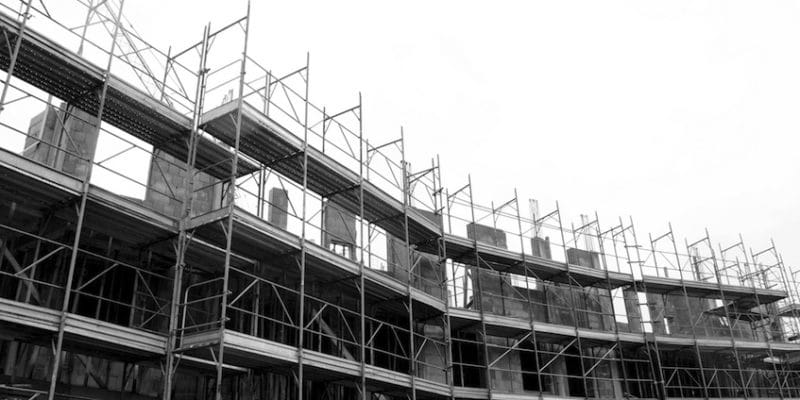By Rob Schofield – February 12, 2019
… State Representatives Pricey Harrison (D-Guilford) and Susan Fisher (D-Buncombe) introduced some long overdue legislation yesterday to dramatically improve the treatment of workers in North Carolina. House Bill 46- the “Economic Security Act of 2019” – would make the following changes to state law:
- it would increase the state minimum wage to $15 per hour over five years;
- it would add North Carolina to the list of states that guarantee pay equity bay barring employers from paying employees of one gender less than employees of another gender for the same work;
- it would require employers to provide workers with paid sick days and family medical leave (with some exemptions for small employers);
- it would increase the tipped minimum wage;
- it would enact new protections against “wage theft” by employers;
- it would enact new “ban the box” protections to bar employers from inquiring into the criminal history of job applicants on initial application forms;
- it would repeal the state’s ban on collective bargaining by public employees;
- it would reinstate the state earned income tax credit and state child care tax credit.
Needless to say, the measure faces an uphill battle in the GOP-led General Assembly, but if there was ever a bill around which North Carolina working families could and should rally in 2019 and beyond, this is it.









